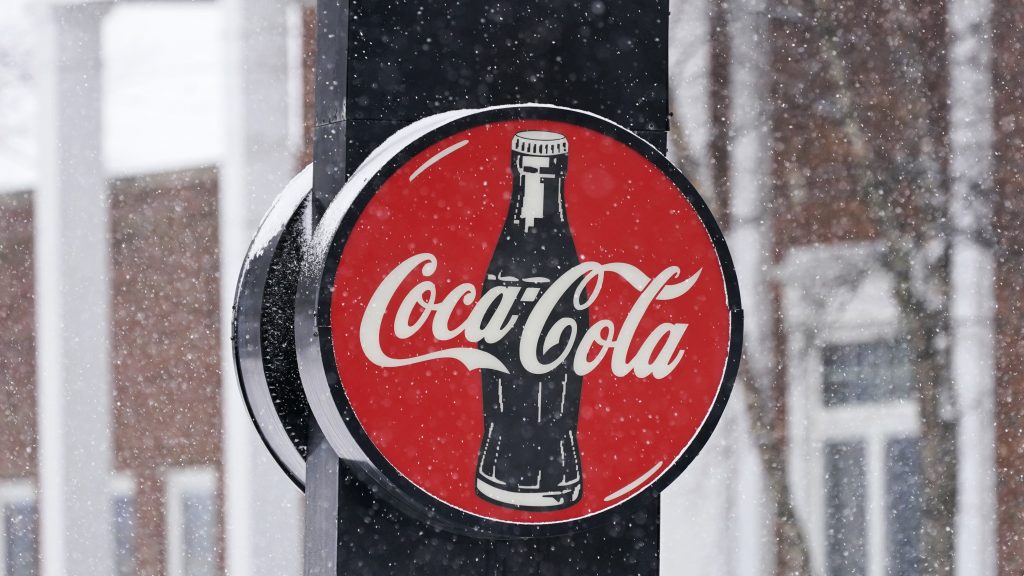Unionized Coca-Cola workers in B.C.’s Lower Mainland have failed in an attempt to overturn the company’s mandatory COVID-19 vaccination policy.

The soda giant imposed its vaccine mandate nationally in October 2021, which required staff to have two or more doses by Jan. 1, 2022 or face potential discipline, including suspension without pay or termination.
Teamsters Local 213, which represents about 400 workers in Coquitlam, Richmond and Chilliwack took the matter to arbitration, arguing that the policy was unreasonable, and was not applied equally.
Coca-Cola said the policy was necessary to protect workers, and pointed to several major COVID outbreaks at Canadian facilities, including one that required a major cleanup in Kelowna and one in Calgary where two workers died.

‘Invasive medical procedure’
The union argued that the policy allowed the company to “force its employees to undergo an invasive medical procedure,” which it characterized as a “gross invasion” of their individual rights.
It said there had been few infections at the Richmond and Coquitlam facilities prior to January 2022, and that the virus continued to spread after January — when all employees working had received at least two doses, suggesting that the mandate was not effective in its stated goal.
It further argued that the policy wasn’t being equally applied, as some salaried employees working from home weren’t required to be vaccinated.
Alec Kaloesnichenko, a quality control technician and 30-plus year employee testified on behalf of the union, telling arbitrator Randall J. Noonan he and his family caught COVID in December 2020 and that he had been off the job since the end of January after refusing to get vaccinated.

Get weekly health news
“I decided not to get vaccinated because immunity after you get it is just as strong or stronger,” he testified.
Asked about whether he disagreed with provincial health officer Dr. Bonnie Henry’s assessment that the vaccine was safe and effective, he cited his own research, arguing Bill Gates, the “smartest guy,” had “stated numerous times the vaccine is not effective.”

Gates has been a vocal supporter of vaccination, however has been quoted out of context about how vaccines for future pandemics will need to be more effective at preventing transmission.
In its response, Coca-Cola argued COVID remains a serious and potentially fatal disease, and that B.C.’s provincial health officer maintains vaccines are the best available tool to prevent serious illness and reduce the risk of transmission.
‘A careful balancing of interests’
In his ruling, Noonan found the company had acted reasonably in implementing the mandate, in line with Supreme Court of Canada precedent that “an employer can impose a rule with disciplinary consequences only if the need for the rule outweighs the harmful impact on employees’ privacy rights.”
Noonan rejected the union’s argument that the rule wasn’t being applied equally, noting that anyone working from home would still have to be vaccinated if they wished to attend a Coca Cola office or worksite.
On the matter of reasonableness, he noted that neither side presented expert witnesses to address the efficacy of vaccines or alternatives such as testing.
“Where there is no better scientific evidence properly before an employer when a policy is enacted or before an arbitration panel, the best evidence is the statements and orders made by proper authorities such as the Provincial Health Officer,” he ruled.
“At this time, the evidence provided by those statements and orders is that vaccination remains the primary safeguard against the spread of COVID-19 variants and serious illness or death to those individuals who contract the disease.”

Noonan went on to note that “reasonableness” in the case of COVID-19 differed from previous precedents, which have dealt largely with issues such as drug testing.
In those cases, he said, employers must show that the workplace is dangerous or there is a drug problem. COVID, by contrast, can strike any workplace suddenly with serious effects on both employee health and the company’s ability to operate.
“Because of that, the very nature of anti-COVID policies is precautionary, that is, not as a reaction to a problem in a particular workplace after it has arisen,” he said.
“But rather to prevent it arising in the first place and reduce the risks of contamination and serious illness as a result of contracting the disease.”








Comments